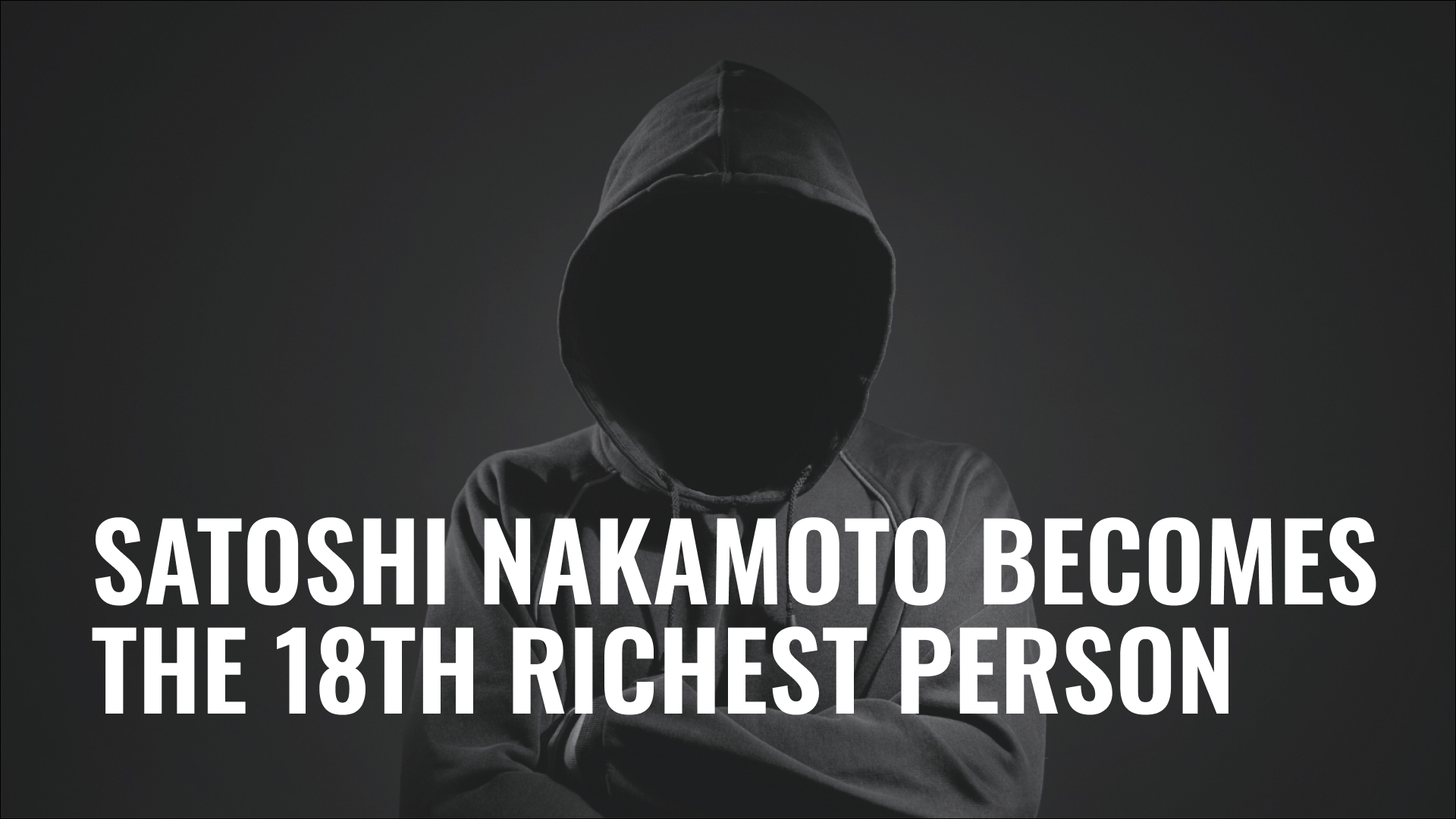SEC Charges Hyperverse with $2 Billion Ponzi Scheme
Sentiment: Negative

In a shocking turn of events, the Securities and Exchange Commission (SEC) has recently filed a lawsuit against Hyperverse, a self-proclaimed metaverse project, accusing it of operating a $2 billion Ponzi scheme. The complaint alleges that Hyperverse misled investors and utilized their funds to enrich its founders and promoters.
Hyperverse's Deceptive Promises
Hyperverse had enticed investors with promises of substantial returns on investments through the sale of virtual land and digital assets within its metaverse platform. However, the SEC contends that Hyperverse functioned as nothing more than a pyramid scheme, with early investors' funds being funneled to pay later investors, rather than engaging in any legitimate business activities.
Market Impact and Cautionary Ripple
The SEC's lawsuit has sent shockwaves throughout the cryptocurrency market, triggering concerns about potential fraud in the rapidly expanding metaverse sector. Hyperverse's native token, HVRS, has experienced a drastic depreciation, losing over 90% of its value since the lawsuit was filed.
This collapse has reverberated beyond Hyperverse, casting a shadow over other metaverse-related tokens like Decentraland (MANA) and The Sandbox (SAND). Investors are now adopting a more cautious stance towards metaverse projects, with a palpable decline in the prices of associated tokens.
Unmasking Hyperverse's Fake CEO
Adding an extra layer of intrigue to the unfolding Hyperverse saga is the revelation that the project's CEO, David Garfinkle, was, in fact, an actor hired for the role. Garfinkle, lacking any prior experience in the tech industry, reportedly received $10,000 per month to feature in promotional videos for Hyperverse.
The use of a fake CEO is a classic tactic employed by Ponzi schemes to create an illusion of legitimacy. In Hyperverse's case, Garfinkle's lack of technical knowledge and experience should have served as a red flag for potential investors.
Regulatory Scrutiny and the Future of the Metaverse
The SEC's legal action against Hyperverse serves as a stark reminder of the imperative need for regulatory oversight in the cryptocurrency market. As the metaverse sector continues to burgeon, regulators must establish clear rules and guidelines to safeguard investors from fraudulent activities.
Despite these setbacks, the metaverse remains a potentially transformative technology with diverse applications. However, not all metaverse projects are created equal. Investors are strongly advised to conduct thorough research before investing, exercising caution regarding projects that make unrealistic promises or seem too good to be true.
Key Takeaways:
The SEC alleges that Hyperverse operated as a classic Ponzi scheme, diverting early investors' funds to pay later investors.
Hyperverse's collapse has instilled caution among investors, impacting the broader cryptocurrency market and causing a decline in metaverse-related token prices.
The use of a fake CEO, such as in Hyperverse's case, is a common tactic used by Ponzi schemes to create a façade of legitimacy.
The SEC's lawsuit highlights the crucial need for regulatory oversight in the cryptocurrency market.
Crypto Enthusiast for over 6 years now. Working full time in DeFi since 2021.


